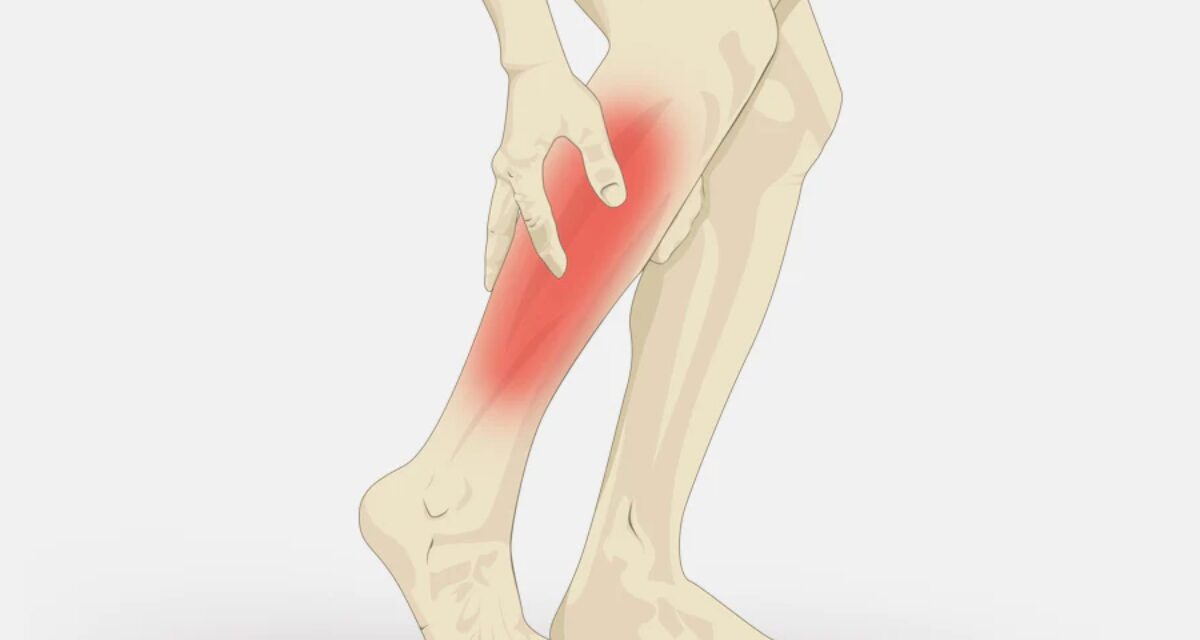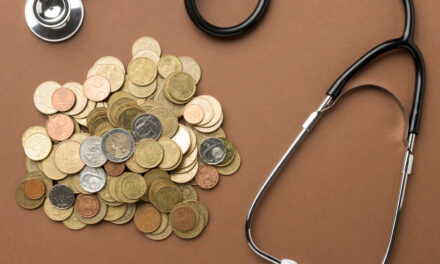Muscle Cramps are sudden tension in one or more muscles. Muscle cramps, sometimes called “Charlie horses,” can be very painful. Exercise or strenuous work, especially in hot weather, can lead to muscle pain. Some medicines and medical circumstances can also cause muscle pain.
Muscle Cramps are usually not a problem. Self-help measures can help relieve most muscle pain.
Symptoms
Muscle cramps usually occur in the leg muscles and the calf muscles. Abdominal pain usually lasts from a few seconds to minutes. After the cramp subsides, the area may be sore for several hours or days.
When to see a doctor
Muscle pain usually goes away. They usually do not require medical attention. However, consult a doctor if you have seizures that:
- Swollen feet, redness or skin changes.
- Come with muscle weakness.
- It happens often.
- Be good at self-care.
Causes
Muscle pain can occur after intense work or muscle strain, loss of body fluids through sweat, or simply holding a position for a long time. However, often the cause is unknown.
Most muscle cramps are harmless. But some of them may be associated with health problems, for example:
- Insufficient blood flow. Small blood vessels in the legs can cause leg and foot cramps during exercise. These cramps usually go away soon after you stop exercising.
- Nervous pressure. Spinal nerve compression can also cause leg cramps. The pain usually worsens when walking. Walking with a slight forward bend, such as when pushing a shopping cart, may relieve cramping.
- Insufficient amount of minerals. A lack of potassium, calcium or magnesium in the diet can cause leg cramps. Medicines commonly prescribed for high blood pressure can cause excessive urination, which can deplete the body’s reserves of this mineral.
Risk factors
Factors that may increase the risk of muscle spasms include:
- Age Older people lose muscle mass. Thus, the muscles cannot work as hard and become tense easily.
- Poor cooling. Lack of consistency in movement leads to rapid muscle fatigue.
- Profuse sweating. Athletes who are tired and sweaty while playing sports in warm weather often experience muscle pain.
- Muscle pain is common during pregnancy.
- Health issues. Having diabetes or diseases affecting the nerves, liver, or thyroid gland may increase the risk of muscle pain.
- Weight Being overheavy can increase your risk of muscle pain.
Prevention
These steps may help prevent seizures:
- Drink plenty of fluids every day. Muscles need fluid to function properly. Drink fluids regularly during your workouts. Drink water or other liquids without caffeine or alcohol after exercise.
- Stretch your muscles. Gently stretch before and after using each muscle for some time. To avoid leg pain at night, stretch before going to bed. Simple exercises such as riding a stationary bike a few minutes before bed can also help prevent sleep cramps.
Treatment
Self-help measures usually help relieve muscle pain. Your healthcare professional can show you exercises that can help you stretch and reduce your chance of developing muscle pain. Drinking sufficient liquids can also help prevent muscle cramps.
If you continue to have cramps that wake you up, your doctor may prescribe medication to relax your muscles or help you sleep.
Lifestyle and home remedies
If you have cramps, these steps may help:
- Stretch and massage. Stretch the tight muscle and rub gently. Squeeze your calves, straighten your leg, and pull the top of your foot toward your face. Also, try to stand up with your body weight on your narrow leg and apply firm pressure. It also helps reduce spasms in the back of the thighs.
To stretch the front of your thigh, try pulling that leg toward your butt. Sit in a chair to feel comfortable.
- Apply hot or cold. Use a warm cloth or heating pad for tense muscles. Taking a warm shower or directing a hot shower stream onto a tight muscle may also help. Rubbing ice over the sore muscle can also relieve pain.
Alternative medicine
Taking B vitamins and other vitamins may help relieve leg pain. Talk to your doctor about what you are taking.
Preparing for your appointment
Contact your doctor if you experience persistent muscle pain that does not go away with self-care.
Here is some information to help you prepare for your meeting.
What you can do
Make a list:
- Your symptoms, including those that seem unrelated to the reason for your visit and when they started.
- Important personal information, including major problems, recent life changes, and family health history.
- All medications, vitamins and supplements you take, including dosages.
- Questions to ask your service provider.
If you have muscle cramps, questions to ask your doctor may include:
- What causes my cramp pain?
- Are there other possible causes?
- What tests do I need?
- What can I do about cramps?
What to expect from your doctor
Your provider will ask you questions such as:
- How often do you have cramps, and how severe are they?
- What do you do before you faint? Does it usually happen after exercise?
- Do you feel sick when you rest?
- Does stretching help with cramps?
- Do you have other signs, such as muscle weakness or numbness?
- Have you noticed a change in your urine after exercise?
Conclusion
while muscle cramps can be uncomfortable and sometimes disruptive, they are often manageable with proper understanding and treatment. By recognizing the symptoms, understanding the potential causes, seeking appropriate diagnosis, and adhering to recommended treatment methods, individuals can effectively alleviate and prevent muscle cramps, promoting better overall health and well-being.





